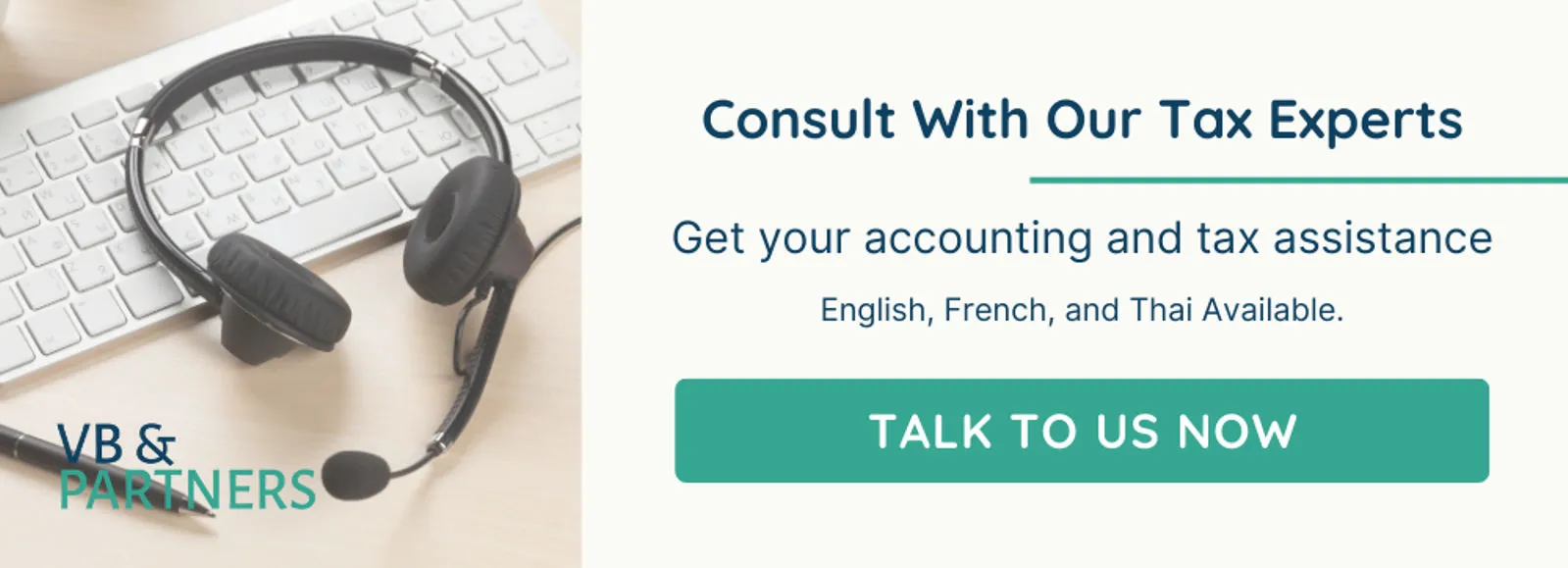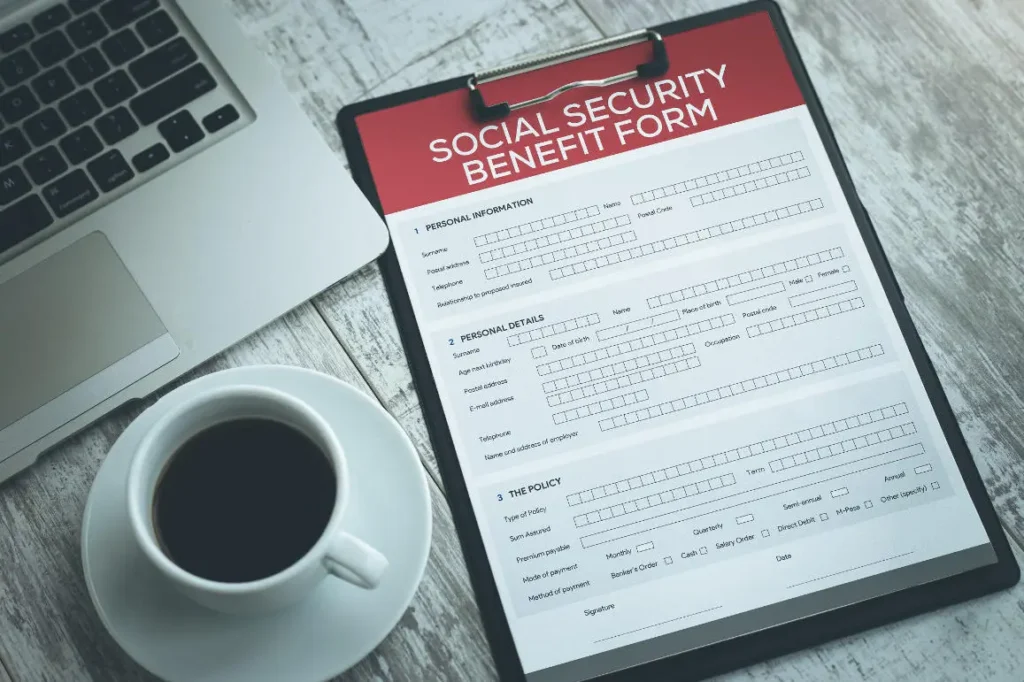Introduction
For companies who have been awarded a promotion from the Board of Investment (BOI), understanding the reporting, compliance, and accounting requirements is very important to maintain the BOI Promotion. This blog post outlines the obligations BOI companies must fulfil to maintain their promoted status and the associated benefits. From regular progress reports to specific company accounting practices, understanding these requirements is required for smooth operations and continued BOI support.
Key Points
- BOI companies must submit progress reports at 6 months, 1 year, and 2 years after promotion.
- A 3-year audit by an approved auditor is required to verify compliance with promotion terms.
- Proper accounting of fixed assets (minimum 1 million Thai Baht) is important for BOI confirmation.
- Tax invoices must strictly align with BOI-approved activities and foreign business certificates in order to qualify for any applicable tax exemptions.
- Non-compliance with BOI accounting requirements may result in delayed approvals or benefit termination.
Reporting and Compliance for BOI Companies
Newly endorsed BOI companies must not forget that they are required to regularly update the BOI by submitting monitoring reports on their progress. These reports ensure the project aligns with the approved BOI promotion.
These reports are due as follows:
Project Progress Reports:
You must submit project progress reports to the BOI at specific intervals:
- 6 months: Confirm project implementation is ongoing.
- 1 year and 2 years: Provide updates on project progress.
After 3 years the project will be subject to an BOI financial audit of the company’s financial statements by an approved auditor.
BOI Accounting in Thailand Requirements
Companies that have received a BOI promotion must ensure their accountant is familiar with BOI regulations and accounting requirements. This is very important because BOI-promoted companies face increased scrutiny regarding their financial records.
BOI investment obligations
For example, most BOI companies are obligated to invest 1 million Thai Baht in fixed assets. While this may seem straightforward, the BOI’s interpretation of what constitutes fixed assets can vary. Proper identification and recording of these purchases are essential to fulfil this requirement and obtain final BOI confirmation after the three-year audit. The accountant must ensure that appropriate expenses are correctly booked, as revisions become extremely difficult once the books have been audited.
Furthermore, some companies receiving BOI promotions may have specific BOI investment conditions attached. These conditions must be accurately recorded to demonstrate BOI compliance.
BOI tax invoice regulations
For BOI-promoted companies with tax incentives, particular attention must be paid to invoice issuance. Companies must verify that services invoiced under tax exemption fall entirely within the BOI’s scope and the foreign business certificate (if applicable for foreign-owned companies). Invoicing outside the relevant scope risks triggering a tax audit and its associated consequences. It’s important to note that some company activities may not qualify for tax incentives. For such ineligible services, separate company accounting and yearly tax filings are necessary.
Maintaining orderly accounts is very important because if the three-year audit submission reveals disorganized accounts, the BOI may delay final approval, request justification, or potentially discontinue Benefits of BOI promotion.

What Happens if these Requirements aren’t Completed
If a company fails to meet any requirements set by the BOI, an official warning notice will be issued. Should there be no valid reason for the failure, the BOI may recommend to the Board that the promotion be withdrawn. In the event of promotion withdrawal, the company must retroactively pay back any taxes they were previously exempted from, as if they had never received the promotion.
Companies must also ask for approval from the Office of the Board of Investment if there’s a need to pause operations for more than two months. Additionally, written consent from the BOI Office is necessary before a promoted company can mortgage, sell, lease, or transfer machinery that was imported with tax exemptions or at reduced rates. This permission is also required to repurpose machinery for uses not previously approved.
Our Thoughts
The success and compliance of BOI-promoted companies rely upon proper accounting practices. An accountant who understands the BOI requirements is not just beneficial – it’s essential. From correctly booking fixed asset expenditures and investment conditions to ensuring accurate invoice issuance for tax-exempt services, BOI accounting demands specialized knowledge. Failure to properly complete any accounting requirements can lead to delayed approvals, tax audits, or even the discontinuation of BOI benefits. Therefore, partnering with an accountant who thoroughly understands BOI regulations is highly recommended.





